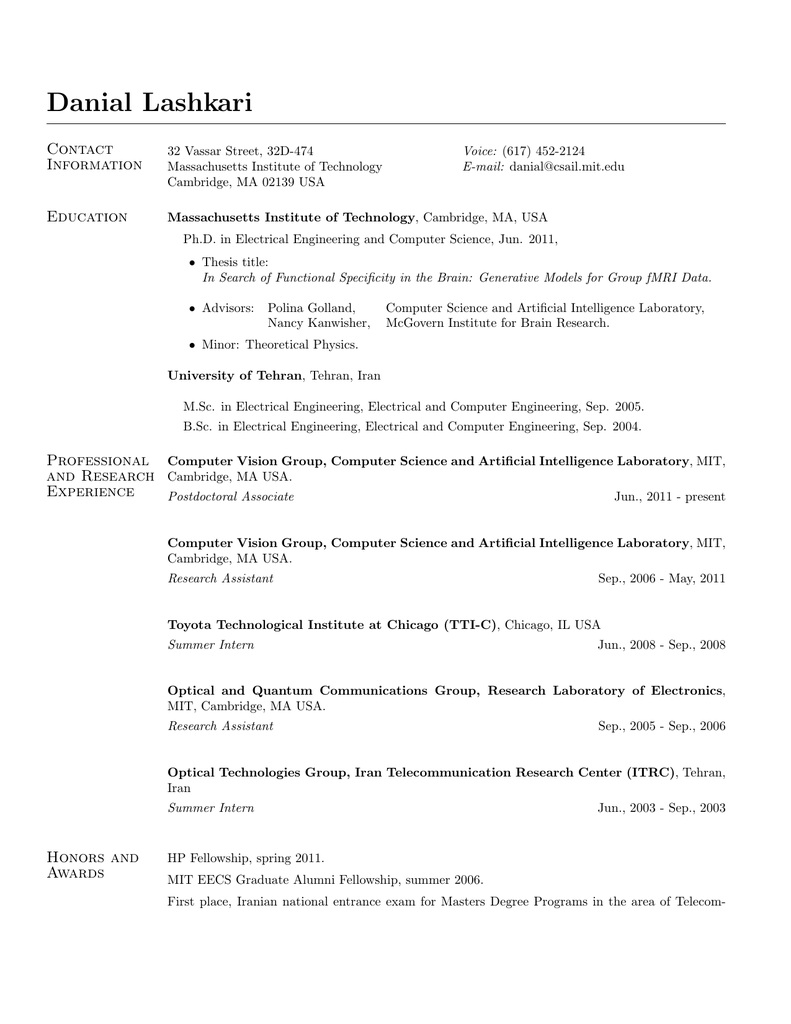

Principles of Biochemical Analysis - 7.51 (Fall 2021) (G, 12 units) A.

Students taking the graduate version are expected to explore the subject in greater depth. Topics include absolute/relative quantification, noise and reproducibility, regression and correlation, and modeling of population growth, gene expression, cellular dynamics, feedback regulation, oscillation. Quantitative experimental design, data analysis, and modeling for biological systems. Quantitative Measurements and Modeling of Biological Systems- 7.572 (Spring 2022) ( G, 6 units) G. Although a basic understanding of Python is encouraged, no programming experience is required. A conceptual understanding of topics is emphasized, and methods are illustrated using the Python programming language. Topics include: descriptive and inferential statistics, an introduction to Bayesian statistics, design of quantitative experiments, and methods to analyze high-dimensional datasets.

DavisĪpplication of probability theory and statistical methods to analyze biological data. Quantitative Analysis of Biological Data - 7.571 (Spring 2022) (G, 6 units) J. Will cover aspects of microbial genetic and genomic analyses, central dogma, horizontal gene transfer, and evolution. Required of students in program, but open to others. Microbial Genetics and Evolution - 7.493J (Fall 2021) (G,12 units) A. Preference to first-year Microbiology and Biology students. Students will read and discuss primary literature covering key areas of microbial research with emphasis on methods and approaches used to understand and manipulate microbes. Methods and Problems in Microbiology - 7.492J (Same subject as 1.86J, 20.445J) (Fall 2021) (G, 12 units) M. Students with a particularly strong background in any of the below areas may have the option of placing out of the related course approval of the Graduate Education Committee is required. Training in the ethical conduct of research.The major components of the training program are described in detail below along with information on life as a graduate student at MIT. Graduate students admitted to the program will join a vibrant, thriving microbiology community on the MIT campus and will receive training in a broad range of areas in microbiology. There are more than 50 faculty in 10 different departments and divisions that study microbes. The Microbiology Graduate PhD Program is an MIT-wide program that is designed to provide students with broad exposure to modern areas of microbiology and depth in the chosen area of thesis work.


 0 kommentar(er)
0 kommentar(er)
